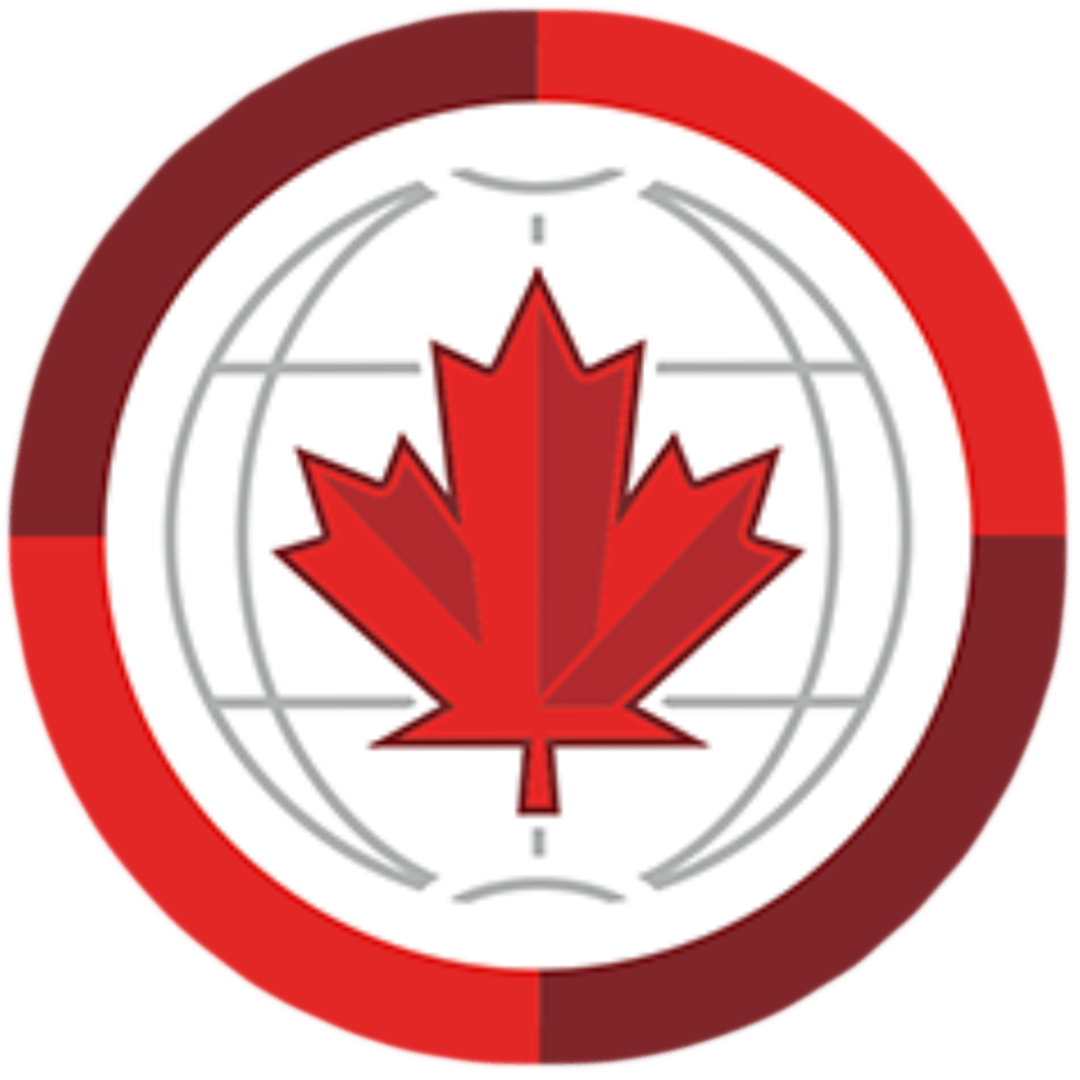
How to Immigrate to Canada as a Medical Doctor in 2024
Immigrating to Canada as a medical doctor can be a rewarding opportunity both personally and professionally. With Canada's aging population and increasing demand for healthcare services, doctors are in high demand across the country. There are a few key pathways for immigrant doctors looking to practice medicine in Canada. Understanding the main options and following the proper steps will help make the immigration process straightforward.
The most popular immigration pathways for medical doctors are the Express Entry system and provincial nominee programs. Express Entry manages applications for three economic immigration programs - the Federal Skilled Worker Program, Federal Skilled Trades Program, and Canadian Experience Class. Candidates eligible for Express Entry are placed in a pool and issued a Comprehensive Ranking System (CRS) score based on factors like education, work experience, and language ability.
The highest-ranked candidates are issued an Invitation to Apply (ITA) for permanent residency. Immigrating through a provincial nominee program (PNP) involves receiving a nomination from a province you intend to live and work in. Each province and territory has its own requirements for their PNP streams. A nomination can boost your ranking in the Express Entry pool.
Before considering immigration, doctors must ensure they meet Canada's licensing requirements. Physicians must have completed qualifying postgraduate training and medical exams. They also need to demonstrate language proficiency. Licensing is handled provincially in Canada. Doctors should verify they meet the licensing criteria for their intended province of residence.
When applying for immigration, medical doctors need to go through a credential and skills assessment. This involves submitting documents to prove your medical degree, training, and work experience. The assessment confirms your credentials are valid and equivalent to Canadian standards. Doctors are advised to go through the credentialing process before applying for immigration.
For many immigrant doctors, obtaining a Labour Market Impact Assessment (LMIA) is a critical step. The LMIA application must come from an eligible Canadian employer willing to hire you. It confirms there are no qualified local doctors available for the job. The approved LMIA is usually required to get a work permit to practice medicine in Canada temporarily. It can also strengthen an application for permanent residency.
Here is a general overview of key steps doctors should follow to immigrate to Canada:
- Research licensing requirements in your intended province
- Complete credentialing and undergo a skills assessment
- Find a Canadian employer willing to support an LMIA and job offer
- Score well on English or French language proficiency exams
- Enter the Express Entry pool and pursue applicable PNP streams
- Obtain an LMIA and temporary work permit if possible
- Receive an ITA for permanent residency from Express Entry or PNP
- Apply for permanent residency
- Complete any remaining licensing and exams for full medical registration
Benefits of Immigrating to Canada as a Doctor
There are many excellent reasons for doctors to consider immigrating to Canada. Here are some of the top benefits:
- High Salaries - Doctors in Canada are paid very well compared to many other countries. Specialist physicians can earn $300,000 CAD or more annually. Even family doctors earn over $200,000 on average. This high earning potential makes Canada extremely enticing for doctors from abroad.
- World-Class Healthcare System - Canada has a top-ranked universal healthcare system that is well-funded and equipped with advanced medical technology. Doctors get to work in state-of-the-art hospitals and clinics with exceptional resources at their disposal. This makes practicing medicine in Canada extremely appealing.
- High Quality of Life - Canada is renowned for its excellent quality of life. It ranks highly in global surveys looking at factors like education, economic prosperity, affordability, safety, and healthcare. Doctors immigrating to Canada can expect to enjoy a high standard of living in clean, safe, and politically stable communities.
- Multiculturalism - With over 20% of its population foreign-born, Canada embraces cultural diversity. Doctors will be able to serve diverse populations while also finding welcoming communities. Major cities contain neighborhoods representing cultures from around the world.
- Permanent Residency - Canada offers clear pathways for immigrant doctors to achieve permanent residency and eventually citizenship. Once established as a permanent resident, you can live and work in Canada indefinitely. This provides long-term job and life security.
How to Upgrade Your Medical Credentials in Canada
While going through the immigration process, foreign-trained doctors should research options for upgrading their credentials and skills to Canadian standards. Here are some top ways to upgrade:
- Complete a residency program in Canada - These structured training programs allow doctors to enhance their credentials and gain Canadian clinical experience. Residencies range from 2-5 years depending on the specialty.
- Take medical bridging programs - Offered at several universities, these programs fill any gaps between your existing training and Canadian requirements. They equip you with essential medical knowledge and skills for Canadian practice.
- Pursue a Licentiate of the Medical Council of Canada - This in-depth clinical exam assesses your ability to practice safely and effectively in Canada. Passing it is required for full licensure in Ontario and Quebec.
- Gain provincial certification - Most provinces require foreign-trained doctors to pass qualifying exams to ensure you meet local standards. These may include clinical skills assessments.
- Complete clinical rotations or observerships - Shadowing doctors in Canadian hospitals and clinics provides invaluable experience and helps you better understand the Canadian healthcare system.
- Improve your language abilities - Hone your English or French skills as needed through specialized medical language courses. Strong communication is essential for patient care.
Upgrading your credentials takes time and dedication but it's an investment that opens doors to medical practice in Canada. Utilizing the resources above can help ensure your successful transition.
With proper preparation and understanding the immigration process, doctors can successfully transition into medical practice in Canada. Working with an immigration consultant can also help maximize your chances for success. If you meet Canada's licensing requirements and follow the steps above, you will be well on your way to immigrating as a doctor.









 GET FREE COUNSELLING
GET FREE COUNSELLING
Comments